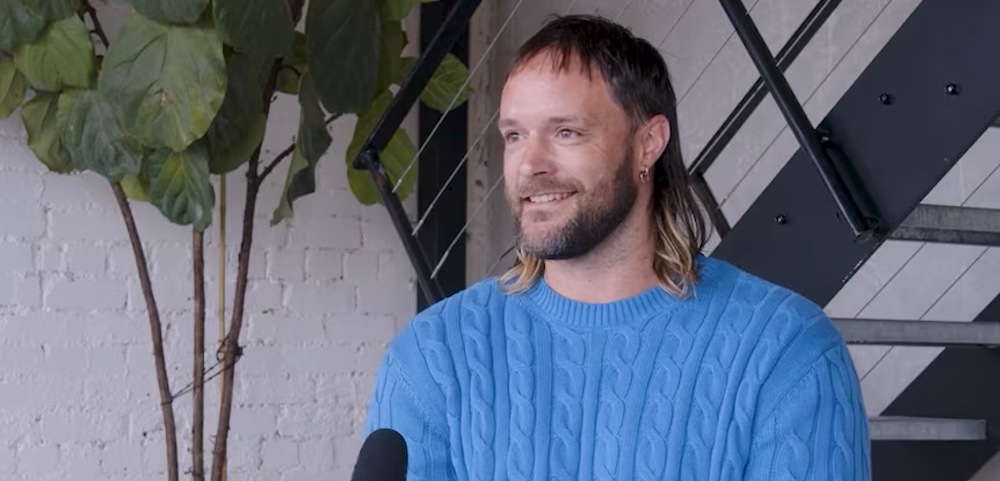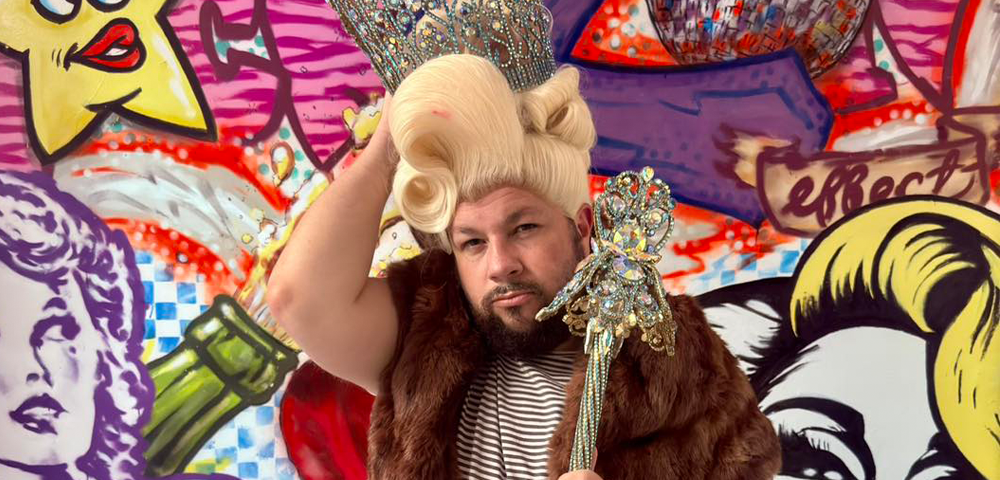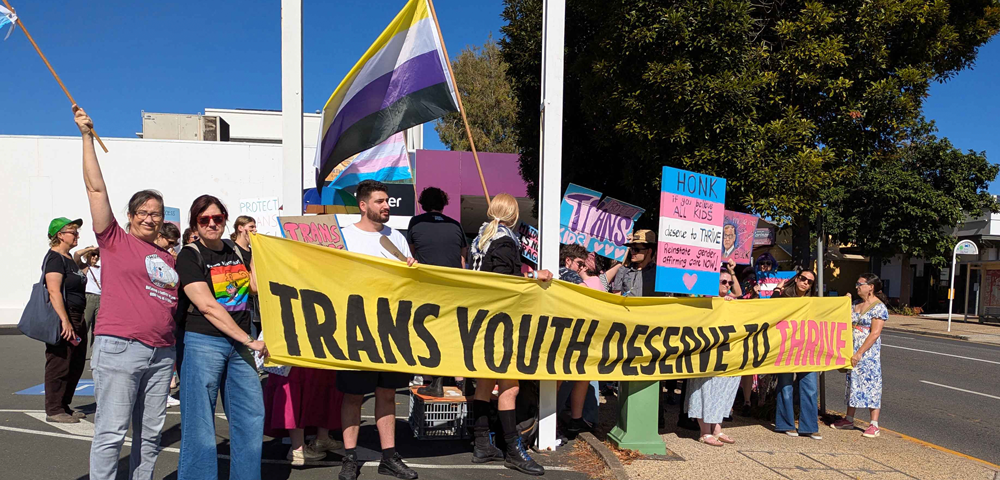
Call for GLBTI legal support
A new report into the accessibility of legal services for GLBTI Victorians has called for the state to develop a more targeted response to the community’s legal issues.
The report — researched by the Public Interest Law Clearing House (PILCH) in conjunction with the ALSO Foundation, Transgender Victoria and the Federation of Community Legal Centres — recommends data be collected by community legal centres to monitor GLBTI-specific cases; and a legal service, especially designed to assist GLBTI clients, be established.
PILCH executive director Fiona McLeay told the Star Observer the report was the first step to improving legal accessibility for the GLBTI community.
“The advantage of having a more coordinated approach is not just the improvement in service provision, but you also have that ability to coordinate data which can then feed into policy, advocacy and law reform work to improve services further,” she said.
The report recommends a number of actions, including improving data collection to better monitor GLBTI cases and clients; developing a stand alone GLBTI legal service; or use existing GLBTI-friendly inner-city legal services in Fitzroy and St Kilda to provide GLBTI-specific assistance.
McLeay said although informal legal networks do exist in Victoria, there was no coordinated approach for GLBTI legal issues.
“Anecdotally there are stories of discrimination and a lack of culturally sensitive places to get legal advice about, what are sometimes, very particular and difficult and specific legal issues,” McLeay said.
“Questions about custody of children where you’ve got gay or lesbian couples, for example, they’re quite specific and finding lawyers who can respond to that with the appropriate skill, as well as the appropriate level of understanding of the community can be difficult.”
NSW and Queensland already have GLBTI-specific legal services.
Transgender Victoria spokesperson Sally Goldner said a GLBTI-friendly legal service would be beneficial.
“Trans, and for that matter GLB and I people … they can spend the first 45 minutes of one appointment doing trans 101 or intersex 101 and don’t actually get down to the issue,” she told the Star Observer.
“So to actually have some specialised service that is sensitive and knowledgeable would be much more comfortable, productive and get better outcomes.”
ALSO Foundation CEO Crusader said recent federal law reform had opened up new areas of potential need for the community.
“If you’ve got changes to social security law and Medicare and a whole range of other things, that brings a new level of complications which may expose people to legal situations which haven’t been there in the past,” he said.
“It’s a common sense approach to understand, as laws change around GLBTI lives, a need for really excellent and expert advice grows.”
Hillis said any plans for a new legal service would likely connect with existing services, including the HIV legal service.
PILCH will take community submissions on the report until February.
info: To find the report visit www.pilch.org.au









